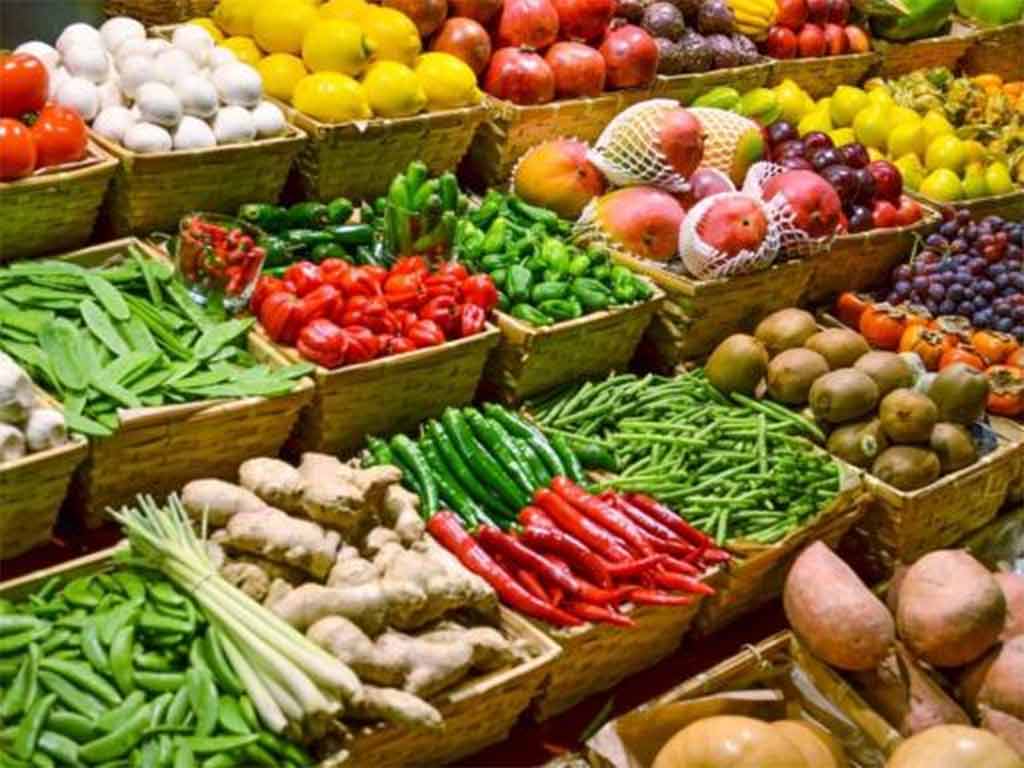Even though rice, bread, eggs, and other foods do not include the payment of the tax, as of April 1st, the value of nearly sixty percent of the products in the basic basket will increase because they are taxed by VAT.
“The increase in prices directly impacts demand, and although we seek to raise more money with this measure, likely, it will not be effective due to the decrease in consumption,” explained Andrés Camacho, vice president of the Pichincha Restaurant Association.
Businesses are taking advantage of the days before April 1st – the date on which VAT will increase – to carry out promotions and thus attract customers for at least this month. Signs in several establishments selling appliances or clothing, as well as in supermarkets, read “25 percent discount”, “50 percent discount” or “We do not charge VAT”.
With the VAT increase, the Government plans to raise an additional 1.3 billion dollars.
The Popular Unity political movement presented last Thursday the first lawsuit of unconstitutionality opposing a part of the “Law against the Internal Armed Conflict”, which includes the increase in VAT, arguing that this is illegal because the reform was not included in the initial bill. The movement requested precautionary measures from the Constitutional Court so that the VAT increase does not come into effect starting on April 1st.
For former Economy Minister Marco Flores, raising this tax is part of the International Monetary Fund (IMF) recipe for Ecuador, whose government is looking for a new credit. The expert stated that other neoliberal measures are also necessary for the disbursement, including the sale of all types of fuels at international prices (including those of national production) and privatizations.
Flores stressed that the IMF always demands a whole series of monetary and fiscal “goals” that determine the sharp contraction of public spending and investment, growing international reserves to guarantee the timely payment of the external public debt, and the socially very destructive “expansive austerity” that the IMF always requests.
jrr/llp/rgh/avr










